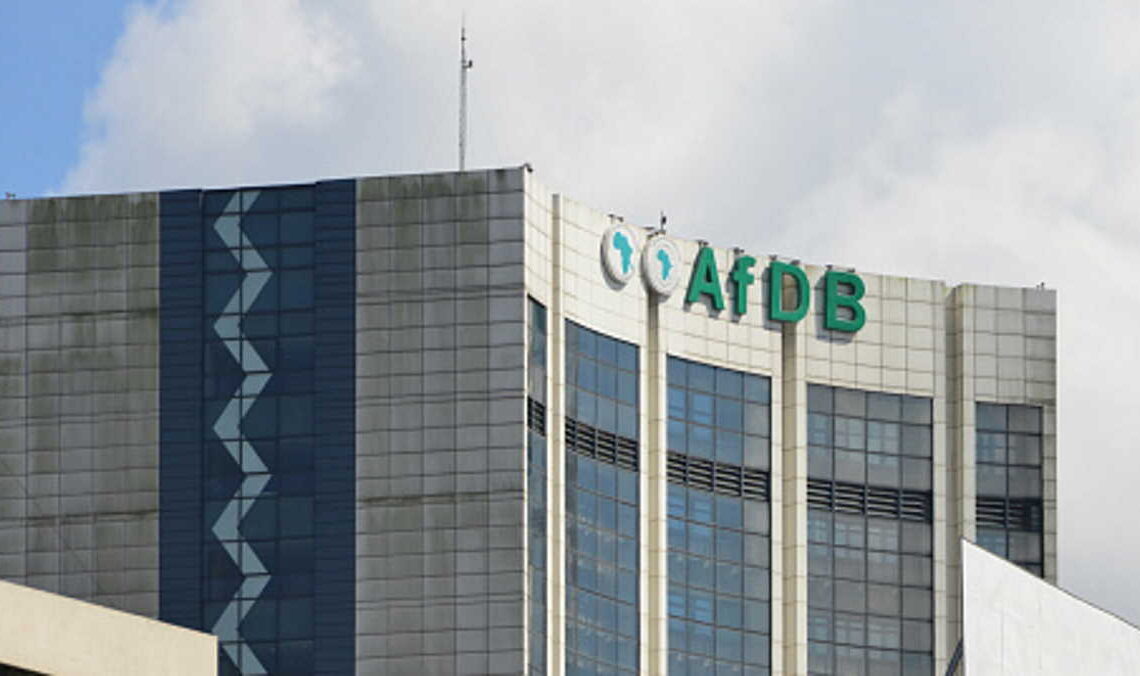The African Development Bank Group (AfDB) has concluded a week-long joint review of its project portfolio in Equatorial Guinea, resulting in a new action plan aimed at improving the performance and effectiveness of ongoing investments in the country.
The review, held in Malabo from 27 to 31 October, brought together representatives from government ministries, technical partners and project management teams. The workshop assessed the progress of AfDB-funded projects and aligned future interventions with Equatorial Guinea’s national development blueprint, Agenda 2035.
At the close of the meeting, stakeholders endorsed measures to accelerate project implementation. These include the creation of a coordinated monitoring system, stricter oversight of contractual commitments and strengthened compliance with financial obligations.
The assessment covered several flagship projects, such as the Public Finance Modernization Support Programme (PAMFP), the Support for the Development of Value Chains in the Fisheries and Aquaculture Sector (PASPA), and the feasibility study for the Digital Ecosystem Strengthening Support Project (PARED).
The review identified key bottlenecks undermining efficiency: slow project start-up, delays in establishing management units, prolonged no-objection processes, and limited technical capacity among project teams—particularly in procurement, disbursement, and financial management procedures.
Mouhamed Gueye, AfDB Divisional Manager for Social Development and Human Capital for Central and North Africa, said the Bank is intensifying collaboration with project management units and scaling up training. “We are stepping up capacity building through targeted training in fiduciary management and monitoring and evaluation,” he said. Gueye added that the Bank is engaging partners to attract additional co-financing under the 2026 lending programme and beyond.
Ladislao Ndong Ndong Bisó, Director General of Economic and Financial Organizations, reaffirmed the government’s commitment to aligning AfDB’s interventions with national priorities. “This exercise helped ensure our actions reflect Agenda 2035, review our portfolio in detail, identify shortcomings and assess progress,” he noted. The findings, he added, will guide the country’s financing strategy for future projects.
Following the review, several complementary activities were carried out, including a fiduciary clinic to sharpen project managers’ understanding of the Bank’s financial and accounting frameworks.
A significant milestone was the signing of a €58.61 million loan agreement to implement the Project to Strengthen Human Capital in Support of Economic and Social Inclusion (PARCH), a major investment in education and social development. AfDB officials also conducted a field visit to the PASPA aquaculture project, where construction of new facilities is expected to be completed by early 2026.
Equatorial Guinea, an AfDB member since 1975, has benefited from 53 Bank-financed operations worth $337.3 million over the decades. The country’s active AfDB project portfolio currently consists of six projects valued at approximately $167 million, spread across the social sector (42.2%), agriculture (38.6%), governance (18.5%), and ICT, communications and energy (0.7%).
The new action plan is expected to accelerate delivery of these investments and enhance their contribution to the country’s long-term development goals.


